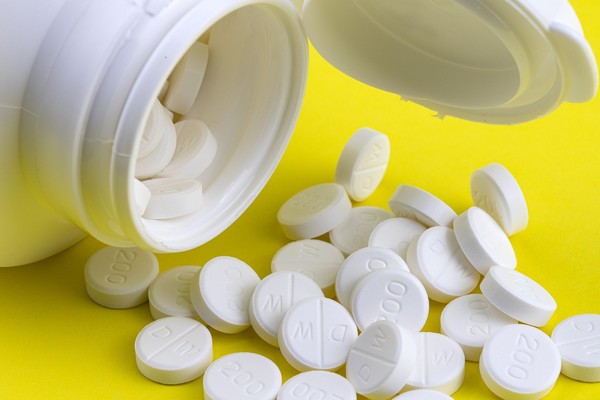Domestic companies are jumping into the fray to develop therapies for stroke, like their multinational counterparts who have struggled to see significant results in their clinical trials.
Actilyse (ingredient: alteplase), a tissue plasminogen activator (tPA) developed by Boehringer Ingelheim, is the only drug authorized by the U.S. Food and Drug Administration for treating stroke. tPA is a thrombolytic agent that clears blocked blood vessels in the brain.

Removing thrombus with instruments is also in practice, but reoxygenation injury and bleeding that may occur after treatment could lead to death or disability. In response to the unmet needs, domestic companies have begun developing stroke therapies.
GNT Pharma received approval from the Ministry of Food and Drug Safety for conducting a phase 3 clinical trial of its stroke treatment Nelonemdaz. The recent approval marks the first phase 3 of a homegrown stroke drug developed in Korea, and it is also the second in the world after Canadian biotherapeutics company NoNO's nerinetide (NA-1).
Pharmaceutical companies have tried to develop drugs neurons targeting either N-methyl D-aspartate (NMDA) receptors or active oxygen, but they often struggled with issues, including side effects.
Nelonemdaz is a multi-target substance that inhibits both NMDA receptor activity and also removes active oxygen. The drug candidate demonstrated significant improvement in stroke patients treated with reperfusion in phase 2 clinical trials.
The company expects the drug to prevent the death of brain neurons after suffering a stroke when the study goes successful.
"About 220 drugs entered developmental stage worldwide, but most of them have failed," a GNT Pharma official said. "As we are ahead of multi-targeting stroke therapy research, we will need to develop it rapidly."
Other domestic pharmaceuticals, including Shinpoong Pharm and Jeil Pharmaceutical, are developing new stroke drugs as well. Both companies have not yet entered phase 3 clinical trials but are in steps, to sum up, their phase 2 clinical data among the companies developing new stroke therapies.
Shinpoong Pharm is developing SP-8203 (ingredient: otaplimastat), a stroke treatment that suppresses potential side effects known as cerebral hemorrhage that occurs after taking tPA. The company said it completed the second stage of phase 2 clinical trials in March.
The drug candidate showed potential in improving the size of cerebral infarction without a significant increase in side effects. It was also selected as an excellent case of research and development by the Ministry of Health and Welfare.
Shinpoong Pharm expects to confirm the safety and efficacy by increasing test subjects in phase 3 clinical trials. The company also believes it could find a specific group of patients with a better prognosis, such as improved mortality and behavior compared to the existing treatments.
Jeil Pharmaceutical is also developing its stroke treatment JPI-289 that inhibits the poly ADP-ribose polymerase-1 (PARP-1) enzyme involved in DNA damage and neuronal cell death caused by brain ischemia.
The company is conducting a phase 2 clinical trial to develop the drug candidate. It expects the drug to prevent brain cell damage caused by reperfusion from tPA or remove blood clots and inhibit several stroke-related factors.
"We are planning to promote transferring the technology after completing the first part of phase 2 clinical trials in the second half of this year and secure statistical significance," Jeil Pharmaceutical official said. "We will also begin marketing the drug once the drug wins conditional approval after completing the phase 2 clinical study."

